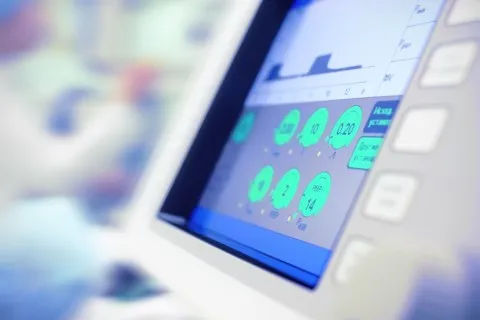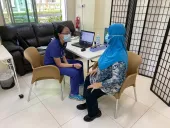
Malaysia's medical device industry may suffer on reluctance to sign the CPTPP free trade agreement
Its 2018 medical device investments of $160.2m paled in compariston to 2017’s $500m.
Malaysia’s reluctance to sign the Comprehensive and Progressive Agreement for Trans-Pacific Partnership (CPTPP) free trade agreement could pose risks to its domestic medical device industry as it could lose out to investment decisions to its regional peers such as Vietnam which is seeing its own medical device industry boom, according to a report by Fitch Solutions.
The Pakatan Harapan government which took office in May 2018 continued to express reservations over the CPTPP under which tariffs on over 90% of goods have been eliminated, with tariffs on other foods set to be eliminated over a 12-year timeframe. Australia, Canada, Japan, Mexico, New Zealand, Singapore and Vietnam have already entered into the CPTPP, which is said to be the world’s third largest trade agreement.
Also read: Malaysia beefs up health tourism budget in bid to attract more patients
“A decision to not ratify the CPTPP could leave Malaysia at a competitive disadvantage to other ASEAN members,” Fitch Solutions noted. “Malaysia’s domestic medical device industry has seen robust growth in recent years, but investment slowed sharply in 2018 with Malaysian Investment Development Authority (MIDA) approving 15 medical device manufacturing projects in the January-September 2018 period with an investment of $160m.”
This sharply contrasted the 25 projects received in 2017 which racked in $500m in investments, and the 41 projects in 2016 with investments amounting to $700m.
The new projects approved in 2018 before the change of government included a $17.5m investment by medical device firm Japan Lifeline to build a production unit for cardiac rhythm management devices in the North Penang Science Park which is scheduled to begin its operations in 2020, the report revealed.
Likewise, healthcare firm B. Braun Medical opened five new and enhanced production plants and other administrative buildings in Penang in April 2018 which features production technologies for the development of infusion therapy devices, surgical instruments and pharmaceutical solutions.
Also read: Malaysia gunning to be Asia's next fertility treatment hub
“The slowdown coincides with uncertainties over the government’s policy on foreign investment,” Fitch Solutions added. “Although the government has publicly said that it welcomes foreign investment, there is a contradictory signal in the spate of project cancellations and the unfavourable rhetoric toward foreign ownership.”
The report also pointed out how Johnson & Johnson’s (J&J) decision to shut down its intraocular lens plant in Kulim would negatively impact Malaysia’s orthopaedics production. The plant was acquired in September 2016 was designed to produce more than four million lenses a year with a 95% export ratio that contributed a sharp rise in the country’s exports of artificial body parts.
But despite these headwinds, the medical device industry is forecasted to remain amongst Malaysia’s high potential subsectors. The Association of Malaysia Medical Industries (AMMI) highlighted in its report that 74% of its members have future expansion plans involving a total value of approximately $400m. The association also noted that the US-China trade war could have a positive impact in that it could help drive foreign investments into Malaysia as opposed to Chinese markets.
Also read: Malaysia proposes 7.8% larger 2019 budget of US$6.9b for healthcare
“In order to stay competitive, companies will need to embrace emerging technologies and invest in automation, robotics and artificial intelligence (IA) to improve productivity,” Fitch Solutions highlighted. “Technological incentives in the 2019 budget will help local manufacturers to adopt intelligent technologies.”
These could include an allocation of approximately $49m between 2019 and 2021 to support the digital transition and migration of industries, the report suggested. Additionally, Fitch Solutions revealed that MIDA is set to provide high impact fund matching grants to support the adoption of digital initiatives amongst local manufacturers to accelerate their adoption of smart technologies.













 Advertise
Advertise













